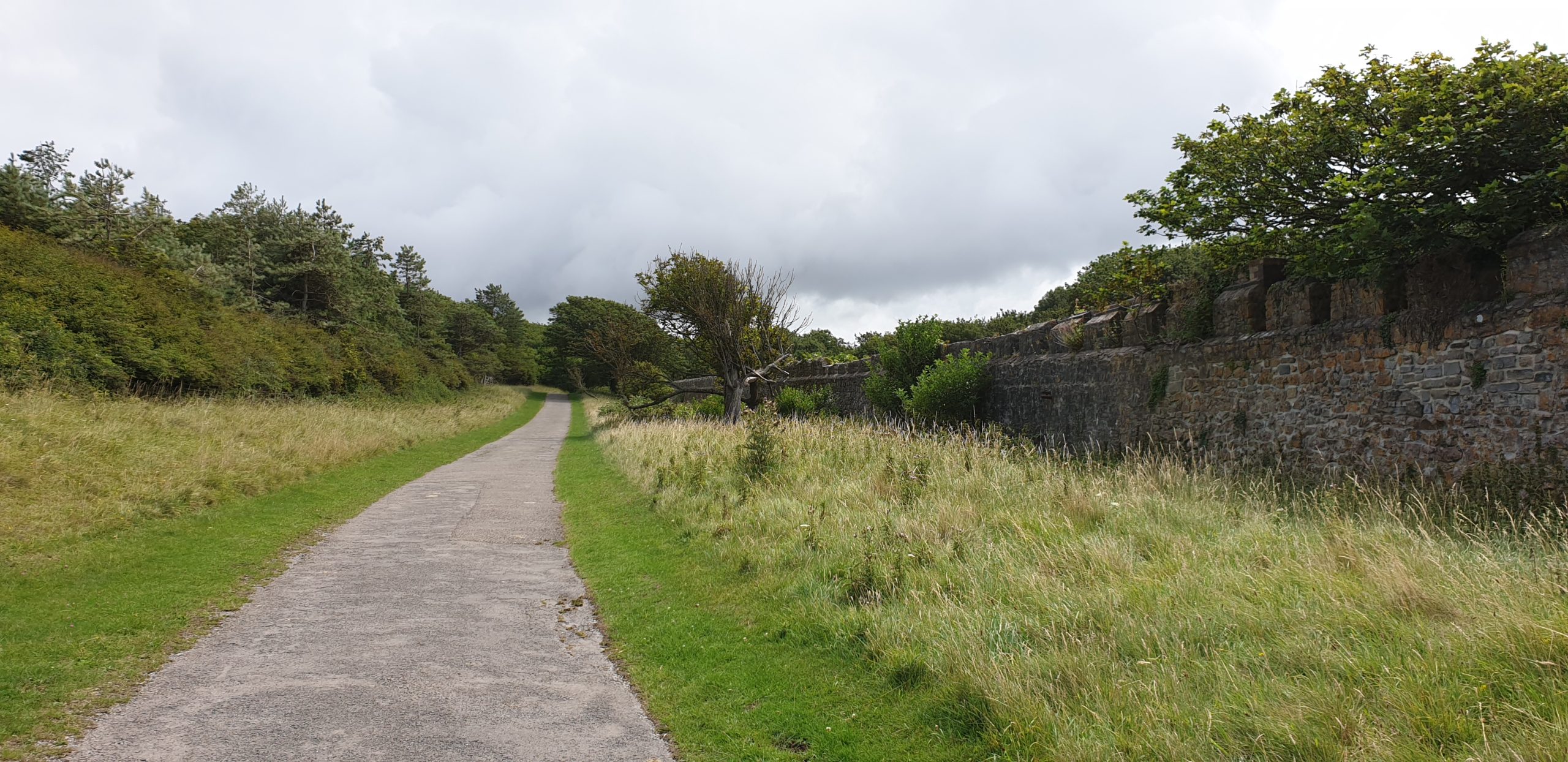The awareness of the own history for successful self-leadership
“A sign of a good leader is not how many followers you have but how many leaders you create.” Mahatma Gandhi
Guide and Lead works according to the motto “guiding others bu leading yourself”. But what exactly does that mean, what is self-leadership and how do we understand it here?
To put it simply, no, it is not a concept that declares your own navel to be the center of the universe and wants to make sure that you have to take care of yourself first. On the contrary.
In this and the following posts I would like to approach the topic a little more deeply because it is simply the core of our work, our conviction and our understanding of the world and because it is what we also offer to the participants of our training, coaching and consultation in the educational sector and the business world.
Self-leadership
So, as the term suggests, self-leadership obviously starts with one’s own self or better, one’s own understanding of self and the ability to be in tune with oneself in such a way that there is space to connect genuinely and authentically with others.
The core issue here is to gain awareness of who you are in order to be able to engage with others. In order to make this connection to others possible, one must begin to become aware of one’s own driving forces through self-reflection.
Here, however, it is not a matter of judging them, but rather of clearly knowing which different drivers you are subject to.
The beginning of conscious self-leadership is thus the own awareness of the self.
Your own history as a starting point for self-aware self-leadership
In the beginning, the focus is not only on looking where we come from and what we have experienced, but rather on recognizing which of these experiences and memories have a lasting influence on us.
We can learn from this understanding to predict which reactions we might have in different situations. Some situations and reactions can thus be avoided, deliberately evoked, or evaluated differently with the awareness that has been raised.
By looking at our own history, we can also question our own value system. Many of the values that we take for granted were learned in early childhood and in many ways they have become a framework for our self-understanding that provides us with a sense of security and orientation. Especially in difficult situations and under pressure, these values, which we learned early on, often unconsciously serve as a basis for decisions – this alone is reason enough to question to what extent they actually still correspond to what we feel to be right and true for us in the here and now.
Incisive experiences and our narrative perspective
When we speak of history here, it is not only about the actual experiences, but also about how we perceive them in our memory in retrospect. We are often not aware that there is sometimes a difference between the two. These narratives that we have, either from the experience itself and our own perspective on it, or through what we have taken over from others as a narrative, often resonate in our here and now.
It is a valuable gain of knowledge to look closely and also to listen within oneself, which of these narrative perspectives actually still have an effect and whether one could not positively influence one’s own life by changing one’s perception.
Here it is not only about negative memories, but also about positive ones. For example:
- What are the narrative styles and perspectives that have helped me in the past to motivate myself, to bundle energies or to get over things?
- How can I possibly repeat this and preserve it for myself?
Learning experiences as part of our history
As self-leaders, the focus is not only on the history we have experienced, but also on what we have learned in the different phases of our lives and, of course, on learning itself.
Becoming aware of the influence that certain learning experiences have had on our own self-development is an important opportunity for self-reflection. But it is just as important to look at which sources and which circumstances have given us the greatest learning experiences and impulses.
This awareness helps us tremendously to control learning experiences more consciously and to ensure that personal growth is still possible even under conditions of increased pressure or supposedly less time.
Lifelong learning and progressive understanding are crucial characteristics of self-leadership and managing these experiences helps to address complex issues, human challenges and strategic decisions on a conscious basis.
Conscious and unconscious triggers and stimuli – visitors from history into our here and now
Part of becoming aware of our own history is to reflect on what our triggers are, to which we often react reflexively. Here, it is not unheard of that we are confronted with surprises when we recall past events.
Sometimes it is individual words or expressions that can be unconscious triggers, certain visual stimuli or other sensory inputs. These can often be related to previous experiences or to strong positive or challenging experiences in the past. It is worth taking a closer look, because the awareness of the stimuli alone often leads to a reduction in their effect or to a more conscious decision to avoid them.
It becomes really interesting when you use these triggers to apply them positively.
- Which stimuli can I consciously set for myself in order to induce certain behavior patterns in myself?
- How can I create my environment in such a way that I can give myself positive impulses and thereby support myself in achieving my personal goals?
“A leader is useless when he acts against the promptings of his own conscience.”
Mahatma Gandhi
Purpose and goals that arise from history
After we have become aware of our own past experiences and their impact on our actions and understanding of ourselves, I would like to discuss in the next blog post of this series the extent to which our drivers and goals can give us a sense of direction to evolve and purposefully direct our lives towards living meaningfully and valuably for the community.
I would like to invite you to actively participate in this self-leadership journey and to contribute with your own experiences and thoughts in the comments.
If you are interested in working individually on the self-reflection of your story and the basics of self-leadership, please
contact us for more information about our coaching program.
Here you can also get some initial information about it.





